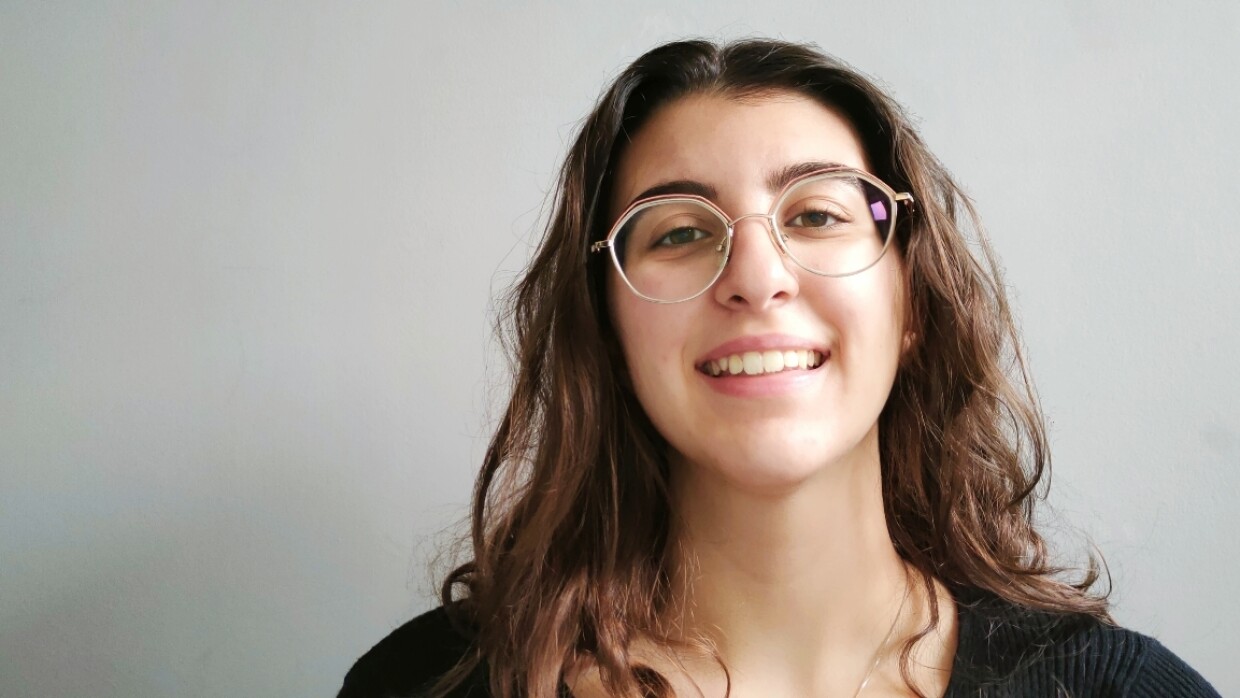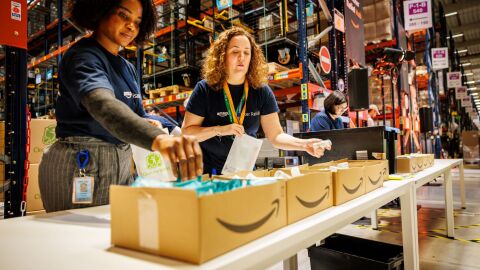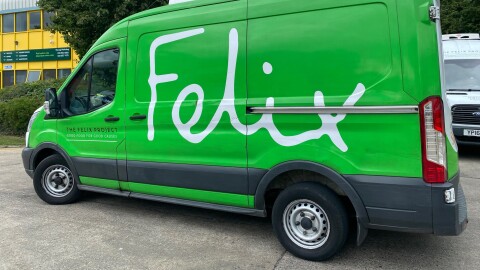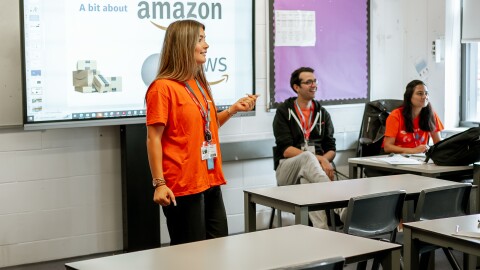Applications are still open for this year’s Amazon Future Engineer bursary scheme. The national programme is an opportunity for women students from low-income households, who plan to study computer science or related engineering courses at university, to get financial and mentoring support to build their future careers in STEM. Applications have been extended, and close at 4pm on 2 May 2023.
Women are still significantly underrepresented in engineering and technology in higher education. UCAS data on university application and acceptance figures for the 2022 cycle highlighted that women represent just 19% of accepted applications to computing and engineering degrees.
These bursaries aim to help address underrepresentation and accelerate the rate of progress. They will provide successful women applicants with a financial support package worth up to £20,000 to cover expenses related to attending university, including tuition fees or accommodation and living costs.
Last year, Amazon and the Royal Academy of Engineering expanded the Amazon Future Engineer bursary scheme to support 31 women students to study at UK universities. Read some of their inspiring stories below.
Beatriz Gavina, University of Nottingham, Electrical & Electronic Engineering
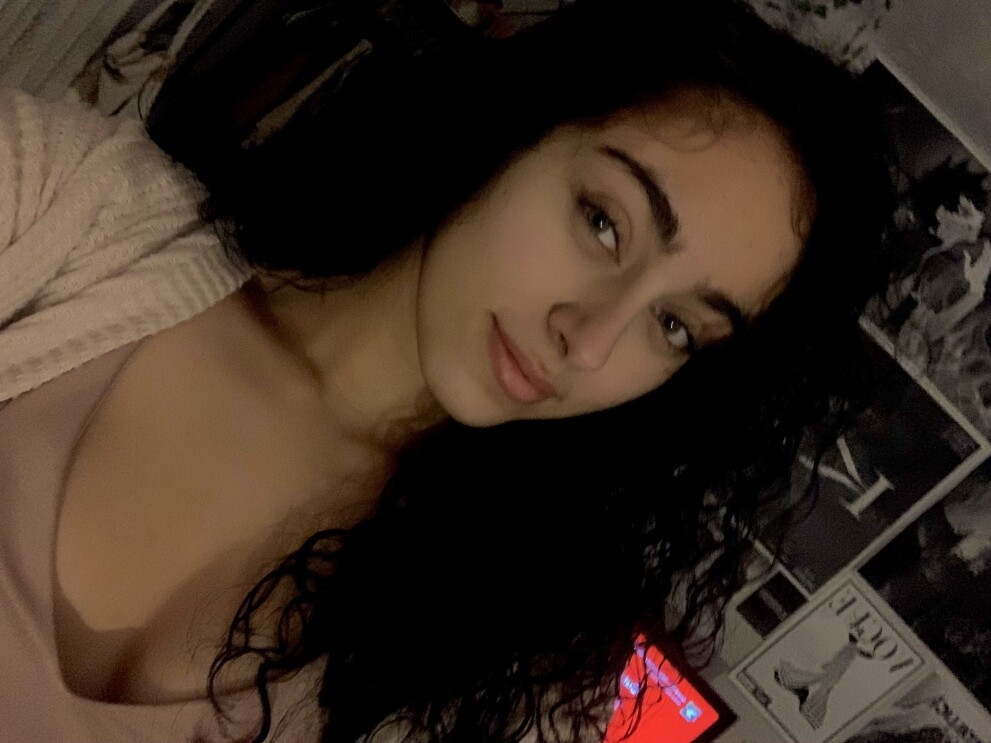
Gaming enthusiast Beatriz has always loved physics, and after a chance career chat over Facetime with a professor at MIT, she realised the more practical application of the subject was what she loved the most.
“I always loved the part of physics where you’re in the lab, I like building things, I’ve even built my own PC a couple of years ago and it was so much fun. Because of this, and after a great career chat I managed to have with a professor from MIT, I realised engineering was the path for me.”
After finishing her degree, Beatriz wants to continue her education and get a masters, perhaps even a PhD and go into the field of quantum technology. She hopes to do something that makes a positive impact in the world.
“I have a notebook where I write down all my ideas and concepts for futuristic gadgets. When I’m accomplished enough in my field, I’d love to build one of these. If I could work on something that slowed climate change or helped with renewable energy that would be my dream.”
Beatriz is already part of the Women and Engineering Society at Nottingham University where she studies and is keen to push for better representation in the engineering industries.
“I didn’t just apply for the bursary, I applied for all the good stuff that comes with it. I’m excited about the network that Amazon Future Engineer opens for women. Internships and work placements are really important in engineering and the programme encourages and supports that.”
Aneesah Khan, University of Cambridge, Computer Science
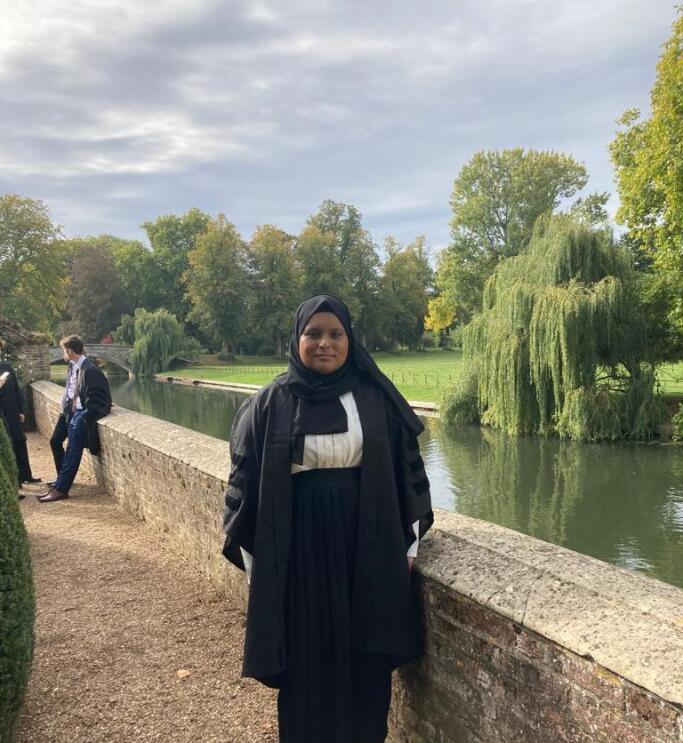
East London born Aneesah always had an interest in technology, but really unlocked her passion for computer science in sixth form.
“I started to apply myself and was challenged to study much harder. It’s funny because in year 10 our school took us to visit Clare College at Cambridge University, and that’s where I study computer science now!”
“It’s important to me that I do something positive that can make a change, whether it’s using data to find correlations between drugs and diseases or increasing accessibility to healthcare or education.”
Aneesah advocates for other women and girls getting involved in STEM: “Entering the STEM field can be intimidating at first. I thought I wouldn't see anyone that looked like me or talked like me, but there is a lot of support available, especially through the bursary.”
“With the support of the Amazon bursary, I can access hardware required for my course and improve my knowledge with further research that might otherwise be quite costly. Maybe most importantly, the bursary also provides a network and a community feeling that is really important for women and girls entering STEM.”
Farheen Mehmood, Newcastle University, Computer Science
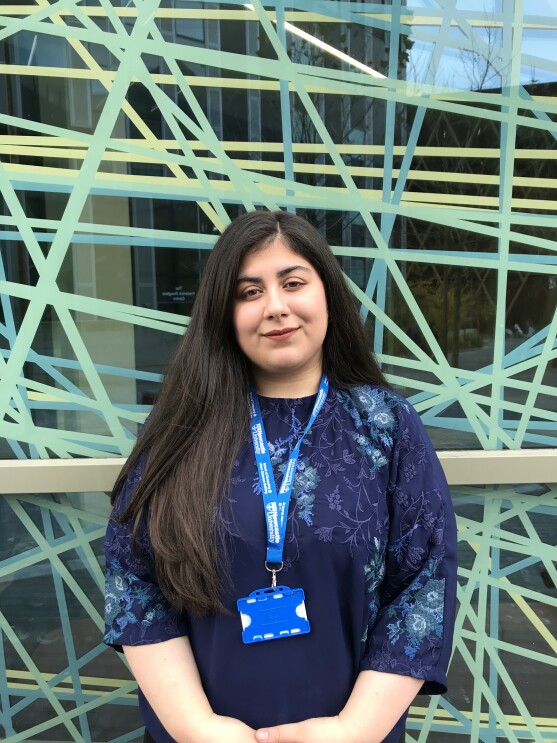
Originally from Pakistan, Farheen moved to Newcastle at the age of six and soon discovered her passion for computer science.
“I’ve been in love with the subject ever since I discovered it. Computing sucked me in like a black hole!”
At school, Farheen had her first glimpse of programming through Scratch and then studied computer science at GCSE and A-Level, learning Python at school and teaching herself Java, both of which are programming languages.
“I found it fascinating that I could make something of true value and meaning that could help so many people in the world, all while sitting in my living room.”
Farheen’s potential has been recognised by the Amazon Future Engineer Bursary, which will support her during her first year of Computer Science at Newcastle University.
Farheen credits her family as her inspiration, particularly her late mother: “I aspire to become like my mum one day. I want to be both passionate about my field and able to provide for my family and educate my kids.”
Farheen has big plans for the future, explaining, “I want to climb the ranks in one of the top five tech companies and my work to level the playing field for others.”
Ilenia Maietta, Queen Mary University, Computer Science
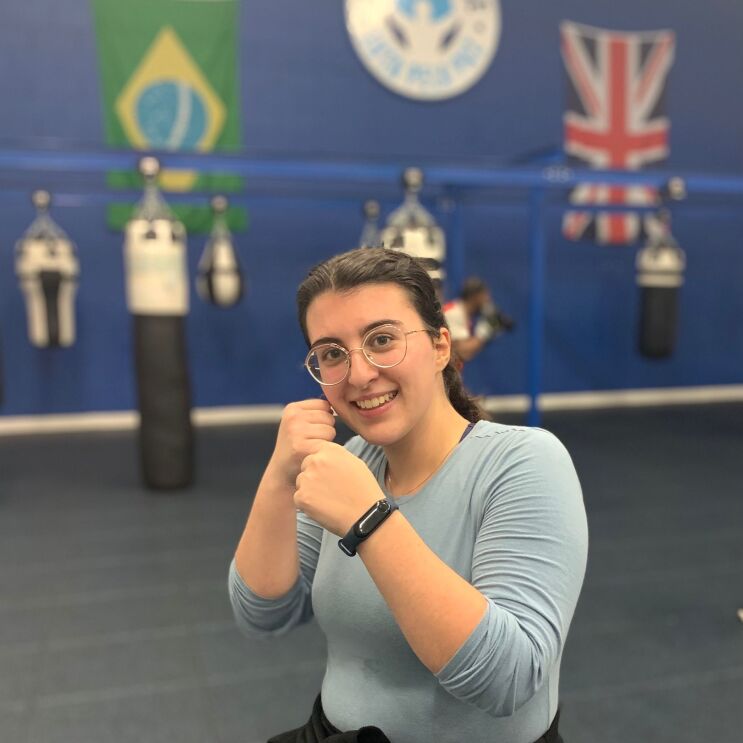
Originally from Avella, a small town near the coast in Italy, Ilenia discovered computer science by chance and has fallen in love with the subject, she is now attending Queen Mary University aged 17.
“I got into computer science because it was a subject that I didn’t have the chance to study while living in Italy, so I wanted to try it out. When I was in the classes, I realised that this was something that I would love to pursue!”
“When I was living in southern Italy, there wasn’t a lot of access to STEM subjects in my small town. My parents wanted to move so that my sister and I would have more opportunities to study, and I’ve always wanted to live in London.”
“When we did move to London I ended up attending an engineering school. It was life-changing, suddenly I was in classes working on robotics and computing and all these amazing STEM subjects I had never heard of before.
“I find cybersecurity and digital forensics fascinating. I think if I was going to pursue a master's or a doctorate, I’d probably focus on those subjects.”
“When I found out my application for the bursary was successful, I couldn’t believe it. It's been a huge weight off my shoulders, and it’s really helped with stuff like books and transport to uni!”
Nazma Mulla, University of Glasgow, Computer Science
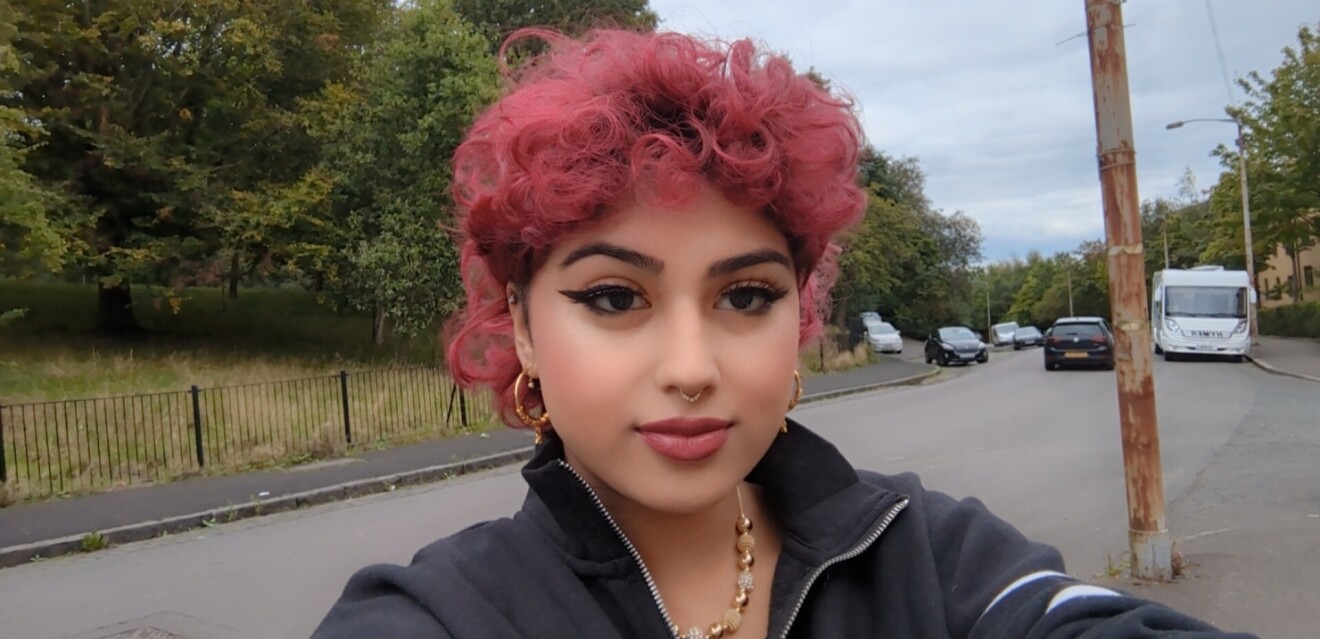
Growing up in Preston, Lancashire, Nazma knew from a young age that she wanted to study computer science. Inspired by her older brother Jamal, who would come home from university and speak about what he had been learning, she decided at age 14 that she wanted to do the same.
Now in her first year at the University of Glasgow, she is studying Computer Science along with Philosophy and Statistics. She loves that this is helping her prepare her for a dream career in Artificial Intelligence (AI). Nazma is laser focused on going straight into a master's course then a PhD to fulfil her AI career dream and is grateful that the bursary means she won’t have to worry about finding a part-time job.
Finding out she’d been successful in the bursary application, she was overjoyed: “I remember running down the stairs to tell my family. Now I don’t have to worry about funding my degree and can put 100% of my focus into academia.”
She hopes to be part of a generation that balances gender disparity in the industry.
“I want to improve representation in the academic subject and in the industry. You have to keep putting in the effort and focusing on yourself, I try not to be phased by the fact that I’m in a class of mostly male students.”
She’s excited that the AFE programme is not just a bursary but will offer her connections and work experience opportunities so that she can begin climbing the career ladder, challenging gender representation along the way.
Find out how to apply to this year’s Amazon Future Engineer bursary scheme.


